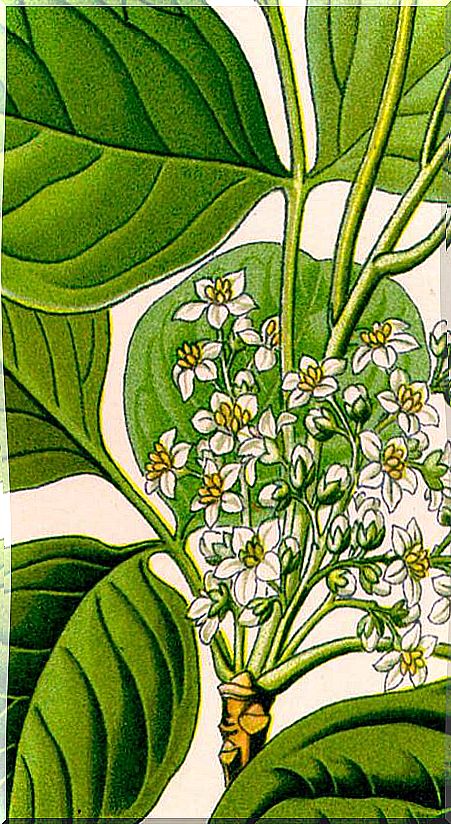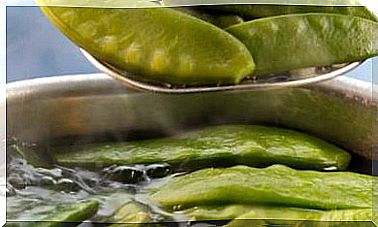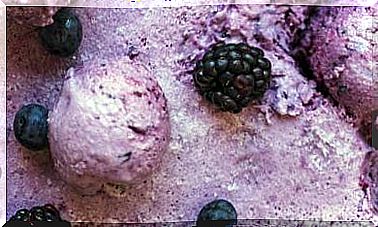The Journal Nature Publishes A Study In Favor Of Homeopathy
The study proves that an ultra-diluted preparation based on Rhus toxicodendron has anti-inflammatory and analgesic properties.

Nature , the most prestigious and rigorous scientific publisher in the world, has published a study that demonstrates the therapeutic action of a homeopathic medicine.
The research concludes that Rhus toxicodendron preparations “show significant antioxidant and anti-inflammatory properties. “
Even more: in the 24X and 30X strengths, it has extraordinary analgesic effects on neuropathic pain that equal the results of a conventional medicine, gabapentin, but without any side effects.
Further study proves homeopathic preparations are not placebo
It must be remembered that the position of the so-called skeptics or staunch defenders of scientific orthodoxy – despite scientific studies such as the one published by Nature and many other previous ones (see the references of the study itself) – assure that at these dilutions no substance can cause any effect on the body.
Whoever is thinking about the placebo effect may forget: the study was carried out with five groups of mice and with cell cultures. Different groups of mice received placebo, the homeopathic dilution, or the analgesic drug.
Scientists describe with overwhelming detail the effects of the homeopathic preparation on nerve cells and changes in a large number of biological markers (cytokines, rheatic oxygen species, superoxide dismutase, catalases), as well as in the behavior of mice.
The authors conclude that the homeopathic preparation with Rhus toxicodendron has therapeutic potential in the treatment of neuropathic pain (such as, for example, the very common sciatic nerve pain). And they consider it very likely to be effective in other painful diseases as well.
Nature will review the article due to the criticism received
95% of the studies that are sent to Nature are not published because they do not pass the rigorous “peer review” (experts in the field with no relation to the research group or any interest). Therefore, the conclusions of a work published by Nature have the highest degree of evidence possible on the subject under investigation and are usually widely accepted by the world scientific community.
However, scientists mobilized against homeopathy on principle have already approached Nature, expressing their objections and demanding the retraction of the article. They allege that they have discovered duplicate data and inconsistencies. The magazine’s management has announced that it will assess their arguments and make a decision.
The research was conceived and directed by Drs Chandragouda R. Patil, from the Patel Institute for Pharmaceutical Education and Research in Dhule, India, and Chanakya Nath Kundu, from the Kalinga Institute of Industrial Technology (university institution).
None of the participating researchers have conflicts of interest.









